February 27, 2023
Censorship of a piece of writing in our ‘democratic’ communities is not as simple as someone in a position of authority deciding what can and can’t be read. It is far more complex. It may well begin with a nation or state setting laws about what is morally acceptable for publishing/reading and what is not, but after that there are many players who make choices and decisions:
1. First, the writer will choose what they want to write about – the language, the characters, the moral content, the actions. One colleague told me she is happy to write dark content for her teenage readers but she will NEVER kill a cat in her stories. 2. Sometimes, the writer’s beta readers – family, friends, trusted colleagues – will influence the content before the final manuscript is completed. 3. If the manuscript arrives at a publishing house, trusted readers employed by the publisher will have their input as to what should or should not be published. 4. The publisher’s editor (or editors) will choose what will be published and what might need to be edited/changed/removed from the original. 5. Then the publishers booksellers sometimes have influence, especially of dealing with a bookshop owner who can only stock some but not all the books being offered by the publisher. 6. The bookshop owner and staff then introduce their level of preference for which books will get shelf exposure and recommendations and which will be silently stowed on the shelf. This extends to the amount of shelf life a book receives before it is removed and replaced. 7. Then the buyer makes choices based on personal interests, moralities, and what is available and recommended. If the book is sold into schools, another raft of people are involved in the book’s ‘censorship:’ 8. The school is likely to have a book selection policy determining what is acceptable and what is not. 9. The school librarian and possibly the key leader of the English department will choose what books will be purchased for specific class study 10. The school librarian can choose to promote, display obviously, or ignore general books in the library 11. Parents will weigh into book selection based on their values and beliefs 12. Finally, students will make choices on non-class texts when they browse the library. I began a PhD in 2002 based on censorship of teenage fiction in Australia and proved through research with writers, publishers and bookshop owners (right down to not being able to complete my PhD) that censorship in Australian publishing is ‘silent’ but powerful, and based on the steps and processes listed above. Roald Dahl’s writing exists. He wrote the right material at the right time within the cultural and historical context of his time, in the same way as Shakespeare and thousands of other writers wrote tales that reflect the attitudes and issues of their times. Efforts to update, sanitise, change the original work may have good intentions – I don’t doubt that – to keep good stories alive across generations and cultural changes, but it is censorship, and it is an attempt to rewrite history to suit our own needs, and we have to be blatantly honest about doing that if we feel there is a genuine need for it. Then the cynic in me is wary of the people who want to sanitise Dahl’s works for selfish reasons:
To the point: if Dahl’s books are not to your taste, seriously, choose to read another writer. Thousands of new and fascinating stories for children are published every year, most within the current cultural context and written specifically to fit the contemporary ethical and cultural trends/tastes/changes we want to embrace. Maybe the truth is that Roald Dahl’s time has come and gone, much like Enid Blyton’s, Edith Nesbitt’s, J M Barrie’s, Erich Kastner’s popularity came and went within their times. Time and tastes might invalidate the sales popularity of a writer, but it should not invalidate the writer’s works, only highlight their cultural contexts and readers’ choices. We have multiple levels of censorship in place and thousands of current and amazing writers seeking to be read: there is no need to sanitise the past to satisfy the present.
1 Comment
February 20, 2023
As a teenager, Josie enjoyed dancing and her brothers would take her out to swing and then rock and roll dances. When her older sister, Eileen, began dating and then married a man from the Meningie area, she travelled back and forth to country dances held in the Ashville hall, and there she met John Webb. The two eventually married, settled in Meningie and had two sons.
My memories of Josie firstly revolve around Friday nights, and Saturdays and Sundays in the 1960s, when my parents would periodically visit John and Josie in Meningie to play cards and chat in the kitchen while I spent the evening or afternoons lost in the miracle of television in the lounge room (we didn’t have electricity or television on the farm until I was 12). These were the times of ‘The Flintstones’, ‘Wagon Train’, ‘Have Gun Will Travel’, ‘Maverick’, ‘Davy Crockett’, ‘World Championship Wrestling’ and ‘Roller Derby’ TV shows. Then there were Saturday nights spent spotlighting for rabbits on the farm. And lastly, in my early teens, there were football days, whenever the club I played for, Border Downs, played Meningie. Josie excelled in playing local golf, and in later years she was a good lawn bowler. There were many good years for her in Meningie after a tough childhood, but life always deals mixed cards, and she struggled when her younger son died in a tragic boating accident in Lake Albert/Coorong, and again when her husband John died. At 82, battling health complications, Josie passed. This Friday, family and friends will say farewell in a ceremony at the Meningie Bowling Club. So, novel editing this week is tinged with sadness, emphasising how important it is to savour relationships, stay in touch with family, and record life. The last time I sat with Josie, she shared her story during the time the novel covers. Much of it happened outside the scope of my mother’s life, but it’s important to know what was happening while Eileen was away from her siblings in Victoria and Tasmania, and then recuperating from TB, because it shapes her world and relationships ever so subtly. February 13, 2023What a massive difference the use of time becomes when writing is a full time option. In the space of two weeks I completed edits of three novels, a task that would normally take at least a month for each one when I was working in school!
Apart from all the common corrections re typos, grammar, spelling and so on, my editing process last week addressed, for example, issues like:
Those are samples of what I put into a ‘third’ edit process when writing. This week, when the last issues mentioned above are resolved, I will do a full read of the saga to check for any glaring issues I somehow missed. Then it’s time for beta readers. February 6, 2023One week into full time writing and the writing job is already very different. There is much to do in the coming weeks:
This first week I busied myself with two key tasks:
The online program, run by Ty Cohen and the Writers Life team, was a basic and free overview of how to approach writing for Amazon Kindle. It was highly informative, and I have several take-aways from it that I will pursue later in the year as I amass material. While it focused on several essential matters, including:
I also learned surprising aspects of the Amazon writing industry:
The online program has given me a great deal of food for thought as I move forward. The editing process reminded me how much writing is not what most people imagine. I have many colleagues and friends who tell me ‘I want to write a book’ and they have good material to write, but I suspect they see the iceberg tip of the process, which is the sitting and writing component. That part is, by far, the easiest part. It’s creative. It does require discipline – making actual focussed time to write – and the time aspect is a key reason why most people don’t write their books. But writing is not just writing. There is editing. And lots of it. And it is the part that requires significant discipline because it can be tedious. Really tedious.
The Last Wizard project is on its third edit. That means I have read the three new books in the series, in detail, three times, AFTER writing them. The writing process, at least for me, is already an editing process: choosing right words, sentence construction and variety, remembering emerging or planned facts and events, restructuring plot, punctuation. I estimated a long time ago that, with the advent of computers, most of my writing in first draft has already been significantly edited in the draft writing process because of the magic of word-processing and the ease of making changes, and that my first drafts are edited at least the equivalent of three or four times before I sit and begin a formal first edit. Editing of your own work requires major discipline primarily because:
Editors are specialists in their field, and I admire their tenacity, honesty and possibly autistic skills. I pretend to have some of their abilities, being a highly experienced English teacher, and so editing for me is a challenge and a chore. It is a core part of writing. It not the romanticised part of writing. It is the part that requires iron discipline and, frankly, even your own creative work can quickly become boring when your focus is on the grammatical conventions, the placement of punctuation and the correct meaning of words in context. Today, I move into editing the fourth book. I have coffee, cake and time to go for walks to help. It isn’t boring, but it is necessary. And I know I won’t find every possible or actual mistake. That’s why a professional does the final proofing when books go to print. And even they make mistakes. P.S. If you’ve been actively editing this post and wincing at every sentence beginning with a conjunction, I am grinning with evil intent. |
AuthorWriting is my passion. Ideas, opinions, beliefs, experiences expressed through language - through words and images - pervade and create my life. Writing is my voice, my soul, my self. My dream is one day writing will sustain my life... Archives
July 2024
Categories |
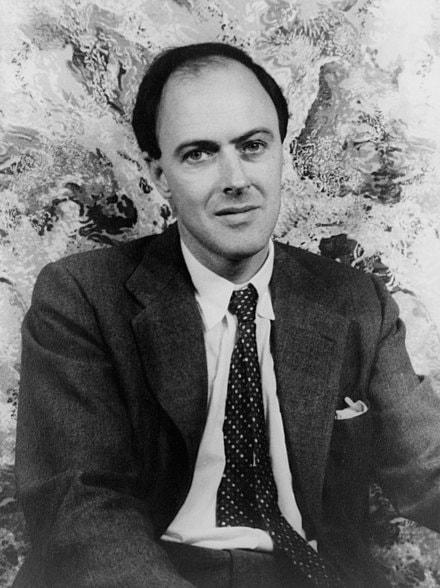
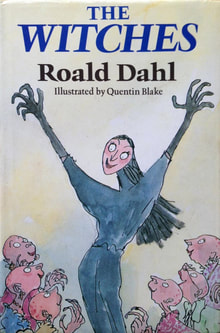
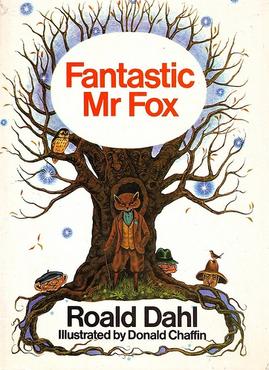
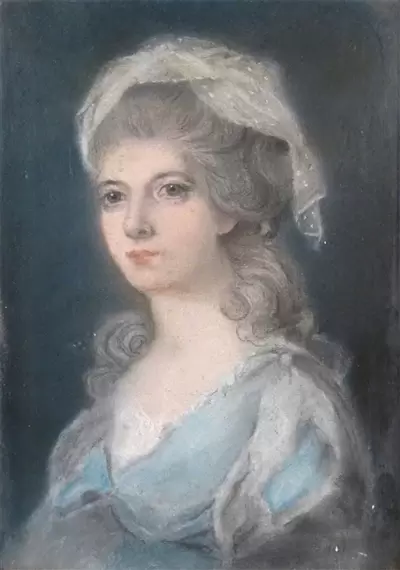
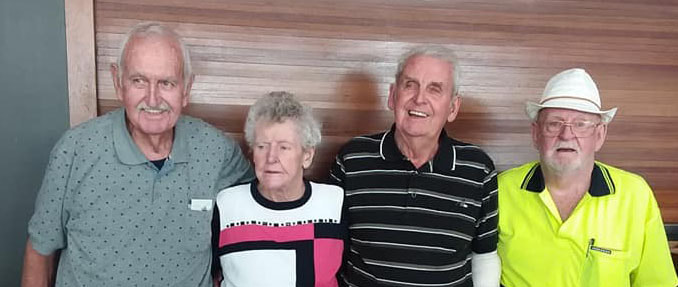
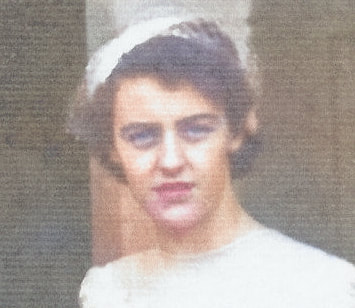
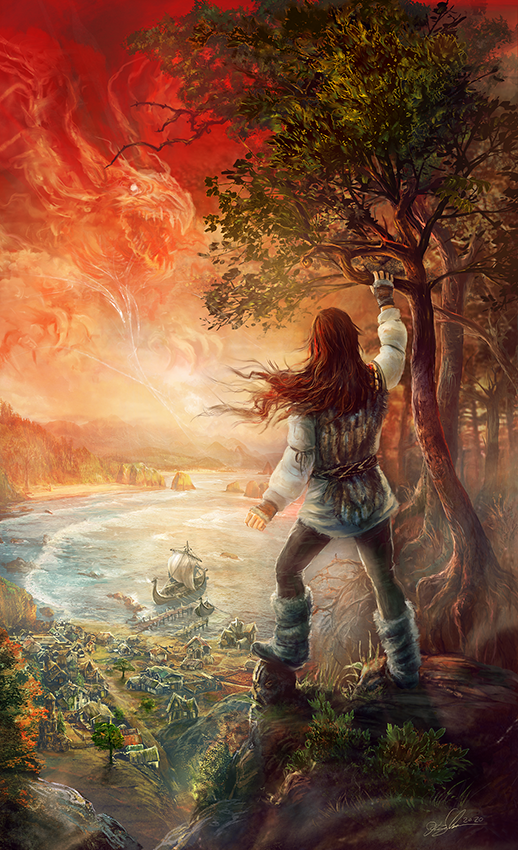
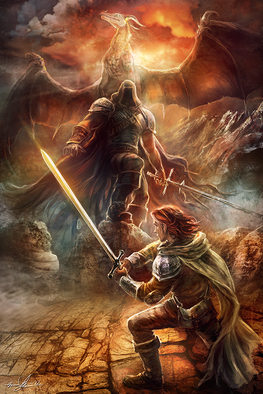
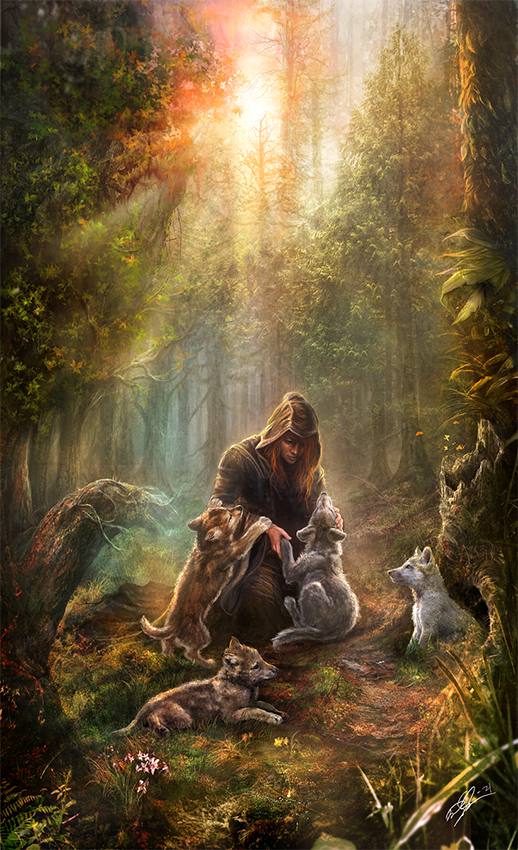




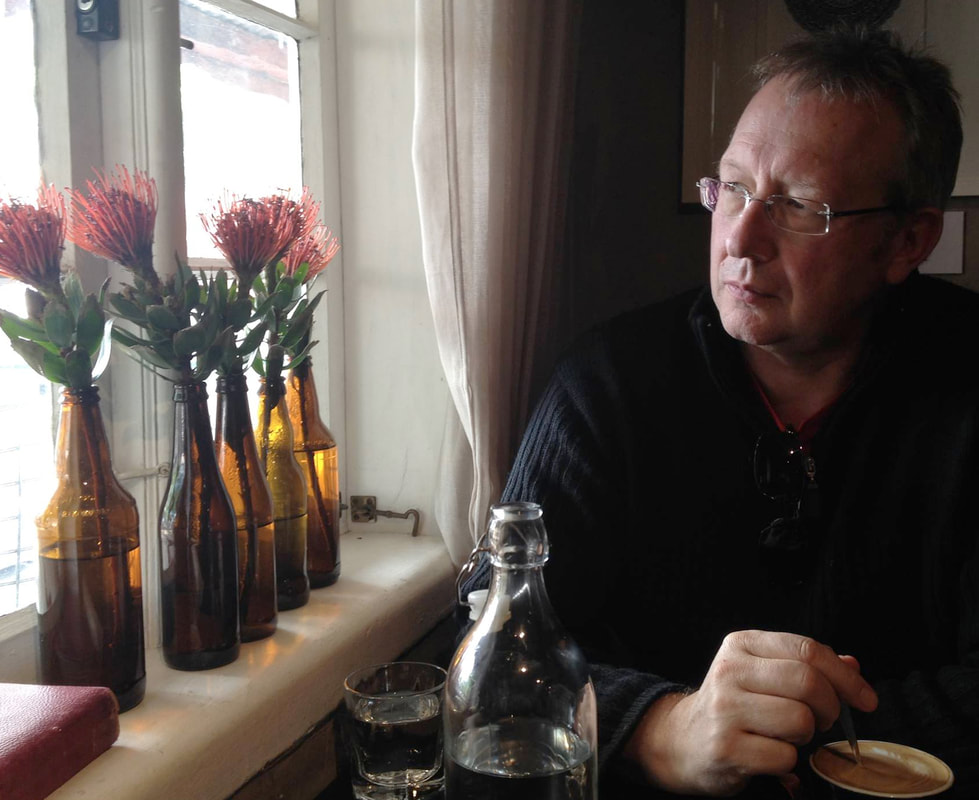
 RSS Feed
RSS Feed